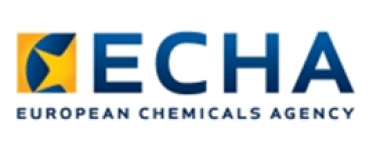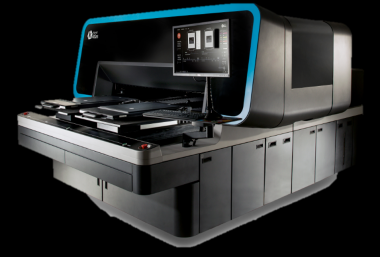ECHA: Toxic chemicals in childcare products
The European Chemicals Agency (ECHA) has found that substances causing cancer, genetic mutations or harming reproduction are present in childcare products, such as car seats, bibs and baby changing mats. Its investigation will help the European Commission to prepare an EU-wide restriction to limit these chemicals, with the aim of safeguarding children.
ECHA’s investigation, drawing on information from 48 different sources, shows that substances which are carcinogenic, mutagenic or toxic for reproduction (CMR) may be present in childcare products (articles). Metals like cobalt and lead, along with phthalates like DEHP, are the most common CMR substances found in childcare products.
CMRs were most often found in items like car seats, bibs, products related to toiletries, and bedding and mattresses. Children may be exposed to these hazardous substances during use, for example through skin or oral contact, and are particularly vulnerable to the harm caused by chemical substances because of their small size, developing physiology and behaviour.
ECHA’s report provides elements to support the European Commission in the preparation of a potential future restriction. These include information on how childcare articles are defined, what the restriction could cover, potential derogations, recommended concentration limits and timeframes for implementation. The report also includes views from ECHA’s Enforcement Forum on how feasible it would be to enforce such a restriction.
The report will now be sent to the European Commission, who will use it to prepare a draft restriction proposal under REACH Article 68(2). This procedure allows the Commission to prepare a restriction proposal without involvement of ECHA’s scientific committees.
Background
The purpose of ECHA’s investigation is to support the European Commission in preparing a restriction under the REACH Regulation to protect children from exposure to CMR substances in childcare articles. It focused on substances that have a harmonised classification under the Classification, Labelling and Packaging (CLP) Regulation as a CMR in category 1A (known human carcinogen, mutagen or reproductive toxicant) or 1B (presumed human carcinogen, mutagen or reproductive toxicant).
During the investigation, ECHA organised two public calls for evidence and a consultation on the draft report. The Agency contacted 233 different stakeholders to inform about the work and considered their feedback.
European Chemicals Agency






